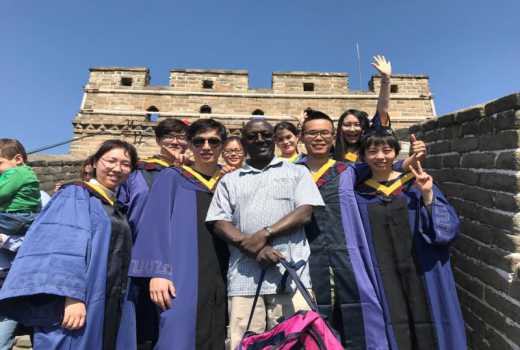×
The Standard e-Paper
Smart Minds Choose Us

Arthur C Clarke, the famous science fiction writer lived in Sri Lanka from 1956 to 2008. He was born in 1917 in England.
He formulated three laws. The third one and most quoted states: “Any sufficiently advanced technology is indistinguishable from magic.”